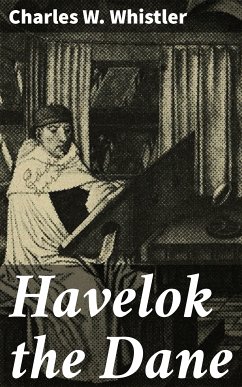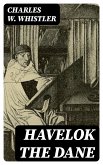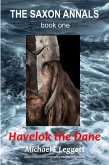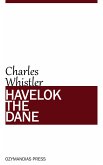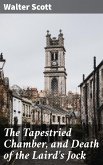In "Havelok the Dane," Charles W. Whistler crafts a riveting narrative that intertwines elements of legend and history, weaving the tale of a young prince destined for greatness. Drawing from Old English and early medieval sources, the book employs a rich, evocative literary style that captures the mystique of Norse mythology while highlighting themes of identity, nobility, and the quest for belonging. The narrative not only serves as a cultural artifact reflecting the values and beliefs of the time but also showcases Whistler'Äôs skill in blending poetic dialogue with descriptive prose, immersing readers in the tumultuous journey of Havelok amid treachery and valor. Charles W. Whistler, a noted 19th-century historian and writer, had a profound interest in the Anglo-Saxon and Viking eras, which deeply informed his works. His scholarly pursuits and passionate engagement with medieval texts inspired him to retell this gripping tale, aiming to both educate and entertain. His meticulous research shines through, effectively reconstructing a vibrant tapestry of characters and events that resonate with the era'Äôs cultural conflicts and triumphs. This book is highly recommended for readers fascinated by medieval literature, historical fiction, and the intersection of legend with reality. Whistler's "Havelok the Dane" invites you to embark on an exciting journey through time, exploring themes that still resonate today. Dive into this adventure and experience the rich heritage of an era where destiny and valor guided the fates of men.
Dieser Download kann aus rechtlichen Gründen nur mit Rechnungsadresse in A, B, BG, CY, CZ, D, DK, EW, E, FIN, F, GR, H, IRL, I, LT, L, LR, M, NL, PL, P, R, S, SLO, SK ausgeliefert werden.

